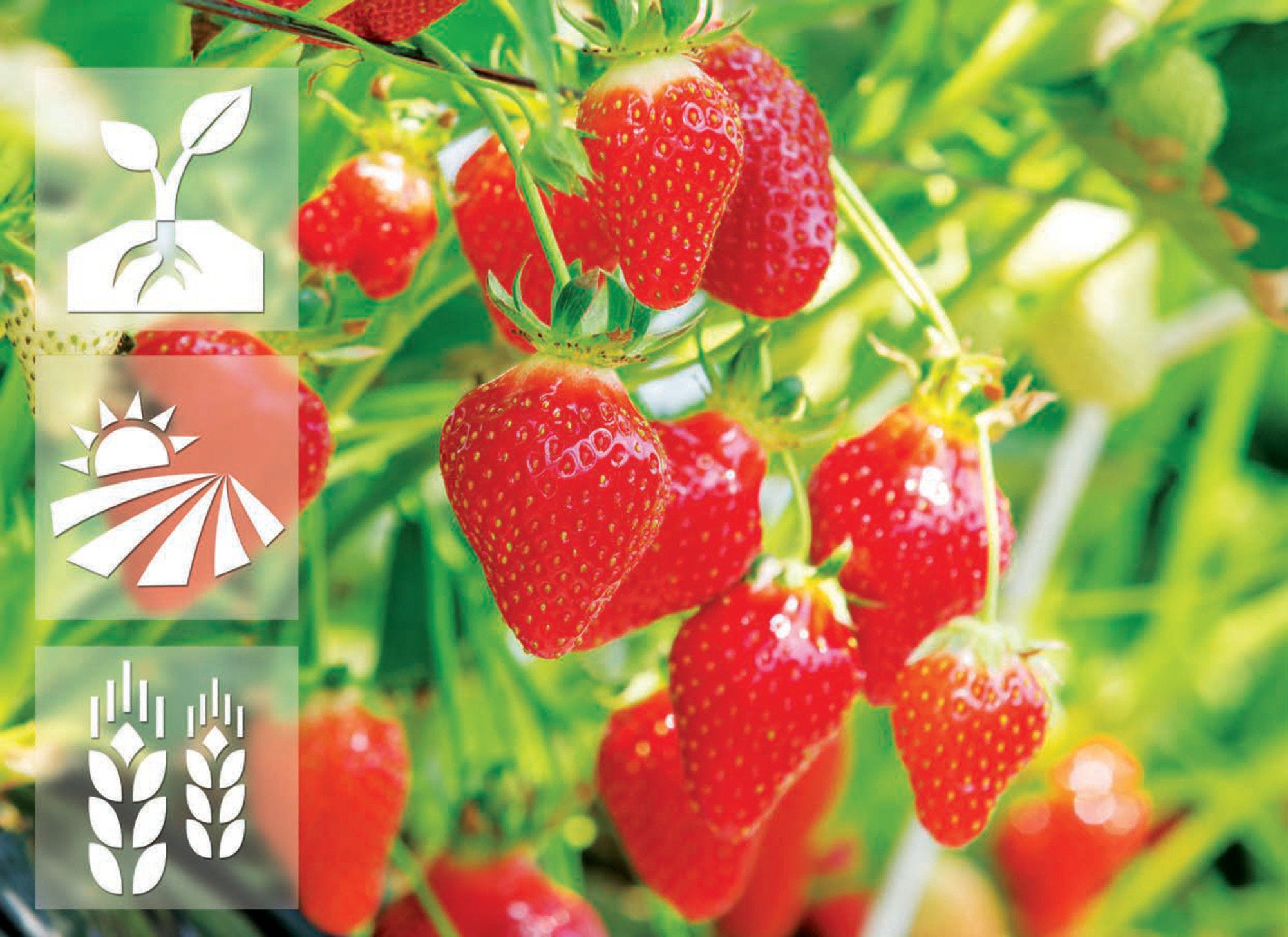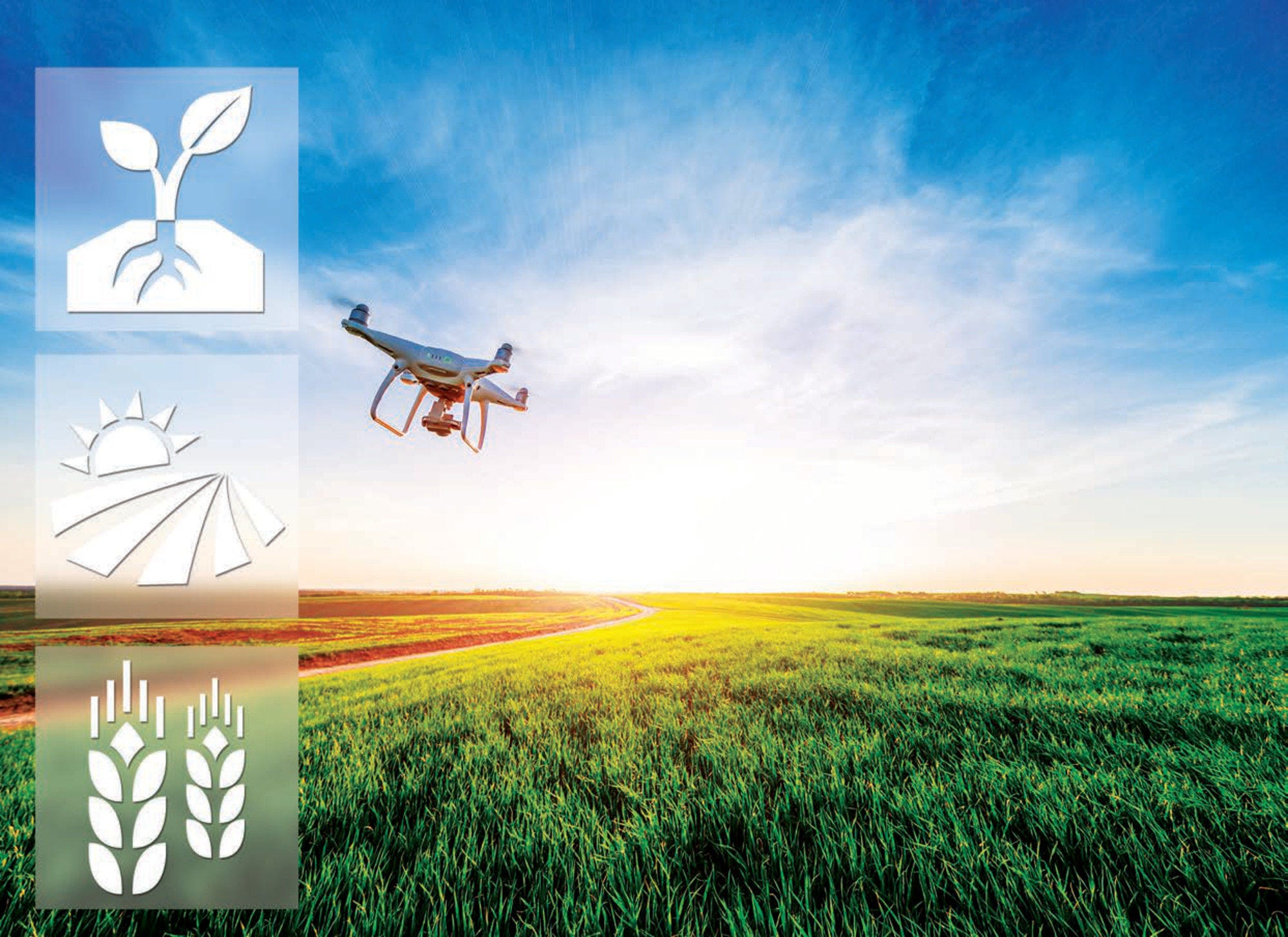In Japan, agriculture has been treated differently from other parts of the national economy. However, policy needs to evolve with new agricultural structures and the global trend towards more integrated value chains, enabling innovation and entrepreneurship in agriculture, and imposing a greater environmental responsibility on producers. Modern agriculture is a technology- and data-intensive industry, and Japan is well-positioned to introduce its competitive technology and skills to agriculture through building more collaborative agricultural innovation system.
Innovation, Agricultural Productivity and Sustainability in Japan

Abstract
Executive Summary
Until recently, Japanese agriculture experienced a long period of contraction. Since 1990, the value of Japan’s agricultural production has decreased by more than 25% and the number of commercial farm households and agricultural workers by more than 50%. The agricultural sector continues to be under pressure to raise its productivity, primarily to improve international competitiveness and thereby contribute to economic growth, in particular in rural areas. At the same time, intensive agricultural production contributes to a high level of environmental pressure.
Historically characterised by small-scale rice production, the structural transformation of Japanese agriculture towards more productive, profitable, and larger-scale farms has been a major policy goal. Today, rice represents less than 20% of the total value of agricultural production and a smaller number of large, often corporate farms are emerging. In 2015, the largest 3% of farms in Japan produced more than half of total agricultural output.
A smaller domestic market and declining labour force have important implications for Japan’s economy, including in the food and agriculture sector. The country’s working age population is expected to decrease by 41% by 2055, and the share of the population over 65 years is expected to increase to almost 40% over the same period. The aging population is most advanced in the agricultural sector, with 56% of farm managers over the age of 65.
Rapid economic growth in East Asia, however, is opening up market opportunities for Japanese agro-food products, and Japan’s agro-food exports doubled between 2012 and 2018 (albeit from a small base). As agriculture becomes more technology and data intensive, Japan is well-positioned to develop a more technologically intensive agriculture domestically and, potentially, to expand its production networks for high value agro-food products, regionally and globally.
Innovation in agriculture increasingly depends on technologies that are developed outside agriculture. As this process of innovation becomes highly interactive among a growing and diverse network of stakeholders, the further integration of agriculture with other parts of the economy could enable Japan’s agricultural sector to benefit from competitive technology and skills that prevail in other sectors. In Japan, agriculture has long been treated differently from other parts of the economy, based on the implicit policy assumption that government needs to support small-scale, resource poor family farms that would otherwise disappear. The evolution of the agricultural structure in Japan and the global trend towards more integrated domestic, regional and global value chains requires a shift in this policy paradigm towards measures that would promote innovation, entrepreneurship, and sustainable resource use.
To promote the integration of agriculture with other sectors, the role of private input and service suppliers will need to grow. At present, commercial banks play a relatively small role in agricultural finance. Agricultural co-operatives (known as JAs) provide integrated services for their members, including banking, insurance, farm input supply, and marketing. As such, JAs maintain a dominant position in certain input markets. Competition between JAs and other players, however, could facilitate the development of alternative farm input and service providers that could better meet the specialised needs of professional farmers.
Improving the environmental performance of agriculture, and increasing its preparedness for more frequent natural disasters due to climate change, is key to ensuring the sustainable growth of Japanese agriculture. However, progress in reducing the environmental pressure from agriculture has been limited thus far. Japan should develop an integrated agri-environmental policy framework in which all producers commit to improving their environmental performance. Agricultural policy programmes should provide consistent incentives to adopt sustainable production practices and, where appropriate, impose penalties for non-performance. Subnational governments should play a greater role in implementing agri-environmental policy at the regional level, with the national government ensuring that all policies are coherent with national targets and agricultural policy programmes.
The types of policy support required by professional farms has also evolved. Although Japan has increased the role of non-commodity specific payments, most support to producers continues to be in the form of market price support that requires the production of certain commodities. Agricultural policy should shift away from directive policies that keep farmers in uncompetitive and low-income activities, and towards allowing them the freedom to make their own farm business decisions. Government policy should target producers’ management constraints and business opportunities. For example, access to education and skills upgrading, specialised advisory services, and risk management instruments could be prioritised. In particular, farm managers need entrepreneurial and digital skills to develop integrated business plans and to develop links with value chains, making use of internal and external skills and resources. Making agricultural education and training more attractive and relevant is critical to attracting talent and to avoiding potential mismatches of skills in the agricultural sector.
Professional farms today have a greater capacity to engage proactively in agricultural research and development (R&D) and human capital development. Greater engagement of stakeholders in these areas would also make Japan’s agricultural innovation system more demand oriented. Moreover, a further integration of agricultural R&D systems with general innovation systems, as well as removing the impediments to cross-sectoral and international collaboration would allow Japanese agriculture to benefit from technologies of other domestic sectors and foreign countries.
|
Key policy recommendations |
|---|
|
Develop policy and market environments that are more conducive to innovation and entrepreneurship in agriculture |
|
|
|
|
|
|
|
|
Fully integrate environmental policy objectives in the agricultural policy framework |
|
|
|
|
|
Establish a more collaborative agricultural innovation system |
|
|
|
|
|
|
Enhance the capacity of farmers to innovate |
|
|
|
|
In the same series
Related publications
-
 21 November 2024
21 November 2024 -
30 July 2024









